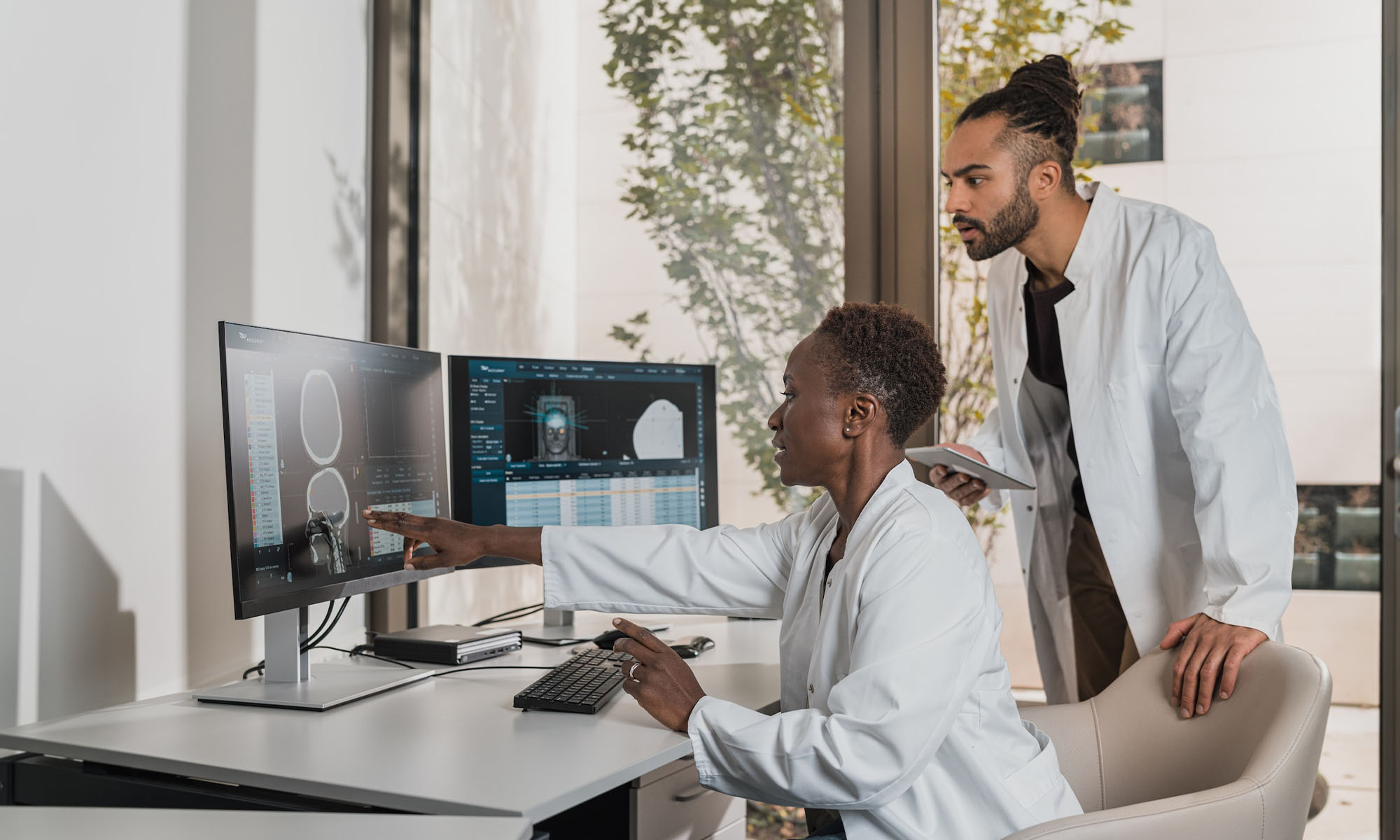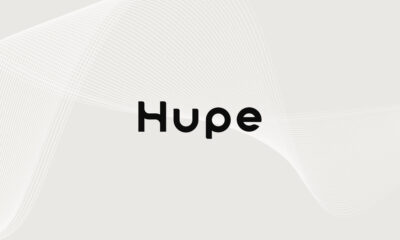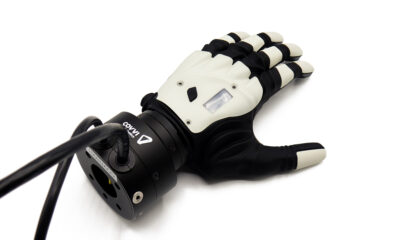News
New Tech Allows Faster Breast Cancer Detection In Middle East
Breast cancer is the most common form of the disease for women in the Arab world. But now, AI screening solutions, precision medicine and molecular imaging are fighting back.

An estimated 2.26 million women worldwide are diagnosed with breast cancer each year. In the Arab world, nearly 20% of all new cases turn out to be breast cancer, making this form of the disease the most common for women in the region.
To tackle this problem, several medical tech companies have developed screening tests to avoid misdiagnosis and late diagnosis. From AI to 3D imaging, each solution strives to improve the screening process, making it more accessible and affordable to Middle Eastern patients.
Early Detection Improvements
Mammogram diagnostics have evolved dramatically over the years. 3D scanning allows oncologists to detect small masses in dense breast tissue much earlier than traditional imaging tools allow.
“Using 3D mammograms, we can see lumps hidden within breasts accurately. By limiting the effect of covering the breast tissue, 3D mammography can make tumor detection easier. Looking into various pictures has helped specialists discover a larger number of cancer growths which was not possible with 2D scans,” says Dr. Timor Al-Shee, Surgical Consultant of Breast Oncology, King Faisal Specialist Hospital and Research Center, Saudi Arabia.
Despite their advancements, 3D mammograms are costly and still risk the possibility of false-positive results. To minimize unnecessary biopsies and increase the accuracy of decisions, researchers from New York University and NYU Abu Dhabi have devised a method to identify cancers using AI.
Devised by a team led by Farah Shamout, Yiqiu Shen and Jamie Oliver, the AI tool offers “radiologist-level accuracy” and promises to improve the consistency and efficiency of ultrasound diagnosis.
So far, the findings have been promising, with AI able to play a complementary role as a decision-making tool during the early stages of screening, aiding clinicians when forming a diagnosis.
Genetic Testing And Molecular Imaging
As well as 3D imaging and AI, genetic testing can also achieve reliable and accurate results. Although most breast cancers are not thought to be caused by inherited mutations, the tests can be helpful for women with a family history of breast cancer.
“The UAE uses the latest technologies to drive innovation in healthcare. We are part of the DoH-led Personalized Precision Medicine Programme for oncology in the region that specifically targets breast cancer. The treatment is based on a patient’s genetic makeup and genetic changes in cancer cells,” says Dr. Fahed Al Marzooqi, COO of G42 Healthcare.
Molecular breast imaging, on the other hand, can be used alongside a mammogram and involves a radioactive tracer with a nuclear medicine scanner. The tracer is injected into a vein, and if cancer cells are detected, the tracer will light up.
As well as helping to diagnose cancers earlier, these new technologies could also be used to tailor precision medicines for treatment. Scientists already know that breast cancer is treatable if spotted early, so it seems that the future of cancer medicines is all about evaluation — from genes and environment to lifestyle factors. Meanwhile, technological advances are beginning to allow oncologists to tailor highly individual treatment plans for patients.
News
Rabbit Expands Hyperlocal Delivery Service In Saudi Arabia
The e-commerce startup is aiming to tap into the Kingdom’s underdeveloped e-grocery sector with a tech-first, locally rooted strategy.

Rabbit, an Egyptian-born hyperlocal e-commerce startup, is expanding into the Saudi Arabian market, setting its sights on delivering 20 million items across major cities by 2026.
The company, founded in 2021, is already operational in the Kingdom, with its regional headquarters now open in Riyadh and an established network of strategically located fulfillment centers — commonly known as “dark stores” — across the capital.
The timing is strategic: Saudi Arabia’s online grocery transactions currently sit at 1.3%, notably behind the UAE (5.3%) and the United States (4.8%). With the Kingdom’s food and grocery market estimated at $60 billion, even a modest increase in online adoption could create a multi-billion-dollar opportunity.
Rabbit also sees a clear alignment between its business goals and Saudi Arabia’s Vision 2030, which aims to boost retail sector innovation, support small and medium-sized enterprises, attract foreign investment, and develop a robust digital economy.
The company’s e-commerce model is based on speed and efficiency. Delivery of anything from groceries and snacks to cosmetics and household staples is promised in 20 minutes or less, facilitated by a tightly optimized logistics system — a crucial component in a sector where profit margins and delivery expectations are razor-thin.
Despite the challenges, Rabbit has already found its stride in Egypt. In just over three years, the app has been used by 1.4 million customers to deliver more than 40 million items. Revenue has surged, growing more than eightfold in the past two years alone.
Also Read: Top E-Commerce Websites In The Middle East In 2025
CEO and Co-Founder Ahmad Yousry commented: “We are delighted to announce Rabbit’s expansion into the Kingdom. We pride ourselves on being a hyperlocal company, bringing our bleeding-edge tech and experience to transform the grocery shopping experience for Saudi households, and delivering the best products – especially local favorites, in just 20 minutes”.
The company’s growth strategy avoids the pitfalls of over-reliance on aggressive discounting. Instead, Rabbit leans on operational efficiency, customer retention, and smart scaling. The approach is paying off, having already attracted major investment from the likes of Lorax Capital Partners, Global Ventures, Raed Ventures, and Beltone Venture Capital, alongside earlier investors such as Global Founders Capital, Goodwater Capital, and Hub71.


























